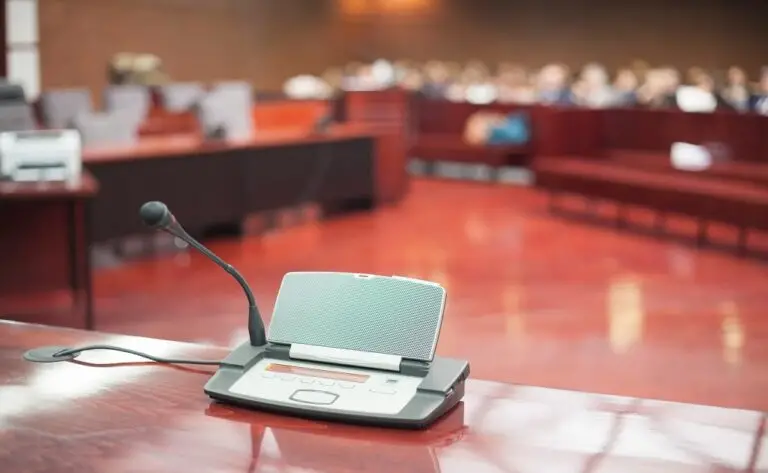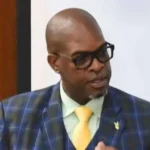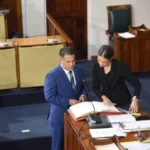KINGSTON, Jamaica — Taneish Wisdom-Banton, a former senior investigator at the Independent Commission of Investigations (INDECOM), faced sharp questioning in court on Monday, as she testified in the ongoing trial of three Jamaica Defence Force (JDF) soldiers charged with the 2010 murder of accountant Keith Clarke. Wisdom-Banton was accused of withholding crucial information regarding a JDF helicopter that allegedly captured video footage of events surrounding Clarke’s death at his St. Andrew residence.
The soldiers on trial—Lance Corporals Greg Tingling and Odel Buckley, along with Private Arnold Henry—are charged with killing Clarke during a raid intended to apprehend then-fugitive Christopher “Dudus” Coke, who was wanted by U.S. authorities. It has been alleged that Coke and several armed men were hiding in Clarke’s home, leading to a deadly confrontation with the security forces.
The crux of Monday’s cross-examination centered around the existence of video footage reportedly captured by a JDF helicopter flying over Clarke’s property on May 27, 2010. King’s Counsel Valerie Neita-Robertson, representing Lance Corporal Tingling, questioned Wisdom-Banton about her knowledge of the helicopter video. Neita-Robertson pressed her to admit that she had seen or was at least aware of the footage, accusing the former investigator of being dishonest in her testimony.
“I did not receive any information about any helicopter, and I did not view any helicopter footage,” Wisdom-Banton firmly responded.
Neita-Robertson countered by suggesting that Wisdom-Banton had been instructed to include the video footage in her report and that she was deliberately withholding the truth. “Madame, I am going to suggest to you that you are not being honest when you say you know nothing about a helicopter videotape,” Neita-Robertson stated, to which Wisdom-Banton replied, “I am being honest.”
The attorney continued to question Wisdom-Banton’s role in compiling the investigation file, arguing that she was fully aware of the existence of the helicopter video and that it was part of the materials provided to the INDECOM commissioner, Terrence Williams. In response, Wisdom-Banton maintained that she had no involvement with the footage and was merely following instructions from her superiors.
The court also heard that Wisdom-Banton had been tasked with attaching a letter from Commissioner Williams to the Clarke investigation file, but she insisted she did not read the attached documents, stating that her role was limited to filing the correspondence.
Wisdom-Banton, who accompanied the chief forensic examiner to Clarke’s residence after the shooting, also faced questions regarding her examination of the crime scene. When asked whether she had inspected the premises, she stated, “No, ma’am. That was not my role.” She clarified that her presence at the scene was strictly to assist the forensic team.
Further questioning revealed that Wisdom-Banton was unaware of key details in the case, including the reported injuries of four JDF soldiers who were allegedly shot during the operation. She admitted that medical reports and ballistic information on these injuries would have been critical to her investigation, but claimed she was not informed of them at the time.
The defense has argued that Clarke may have pointed his licensed firearm at the soldiers, potentially firing at them during the raid. Wisdom-Banton, however, stated she had no knowledge that Clarke’s firearm had been involved in the incident and had not submitted it for ballistic testing.
Throughout her testimony, Wisdom-Banton emphasized that her actions were directed by Commissioner Williams and that she did not make independent decisions in the investigation. “As investigators, we don’t make decisions. We just gather information and put them in a report,” she told the court, underscoring that this was her first fatal shooting case while at INDECOM.
The trial, which has garnered widespread attention due to its connection to the 2010 search for Christopher Coke, continues on Wednesday.








